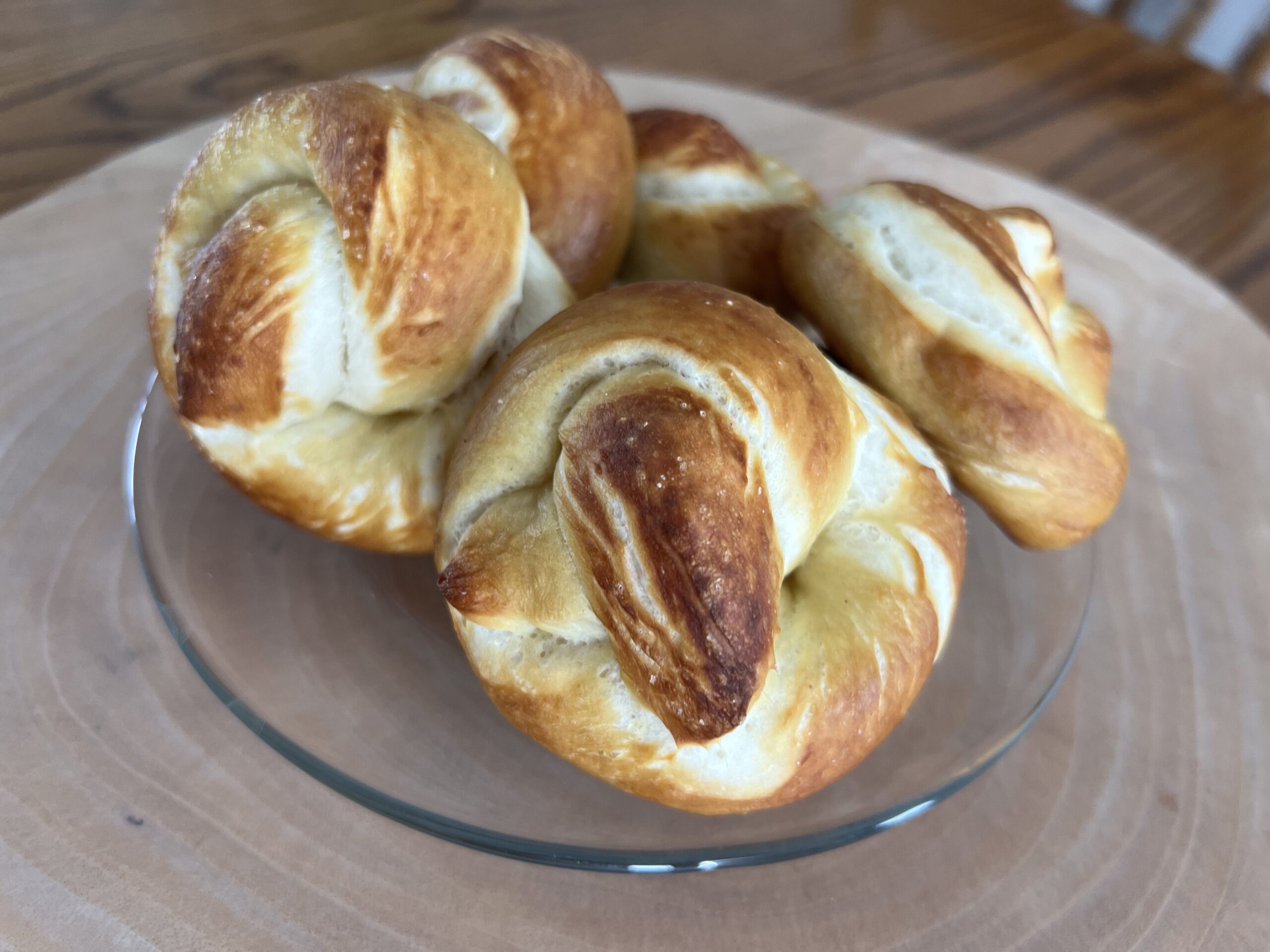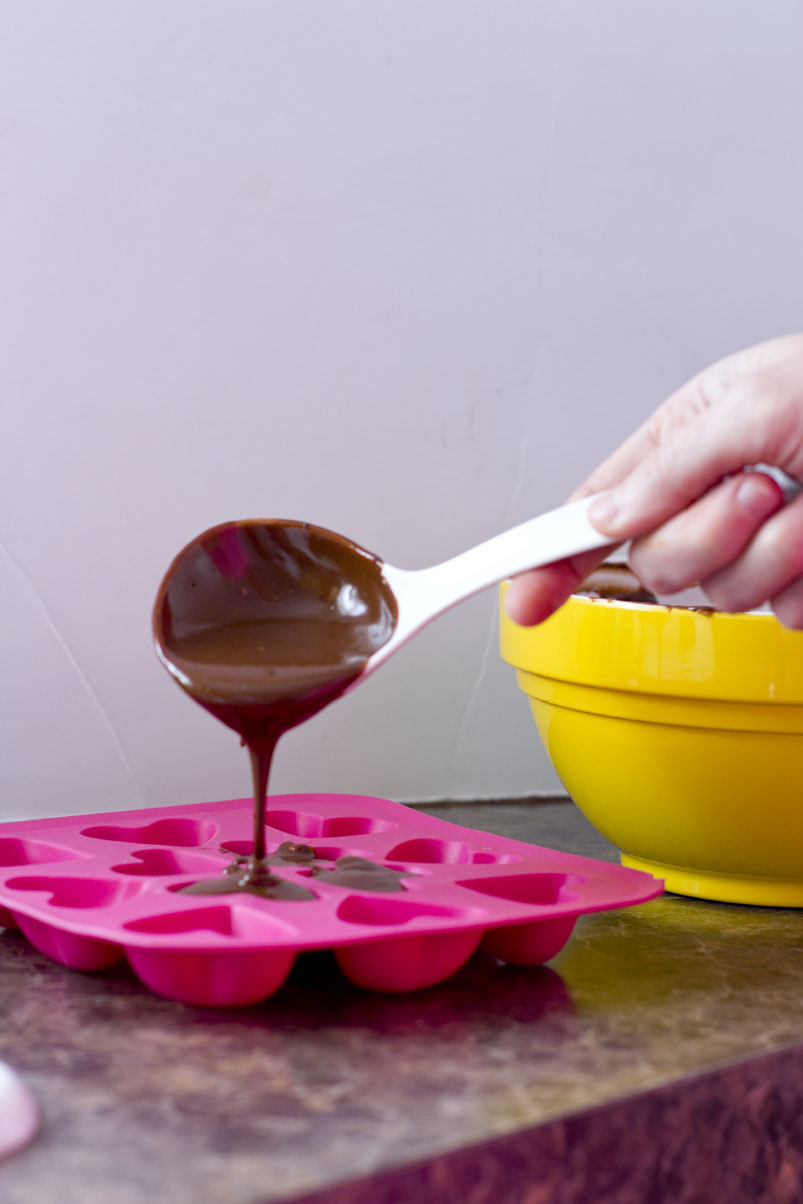Natural: existing in or being produced by nature: not artificial (Merriam-Webster).
From this definition, I conclude that a natural sweetener would be in theory one that I could grow, harvest, or produce myself without added chemicals or fancy machinery. There are many sweeteners out there claiming to be “100% Natural” or “Raw.” Labels can be deceiving. The following are considered natural sweeteners.
Maple syrup
The sap from maple trees that is harvested and then boiled down to create a sweet syrup. The syrup is rich in minerals, because it is brought from below ground via the tree’s deep roots. Look for pure maple syrup that is formaldehyde free. I use this on pancakes, baking, and to sweeten hot cereal or whipped cream.
Honey
Raw honey (honey that hasn’t been heated over 117 degrees) contains enzymes that help digest carbohydrates, B vitamins, calcium, iron, zinc, potassium and phosphorus. It also contains amylases which helps digest grains, making it an ideal topping for hot cereal or toast. Honey is antibacterial, antimicrobial, antidiarrheal, calms nerves, and is an antioxidant. I use honey to replace sugar in baking quick breads, in bread recipes, on toast, and hot cereal. Everyone could benefit from taking a teaspoon of honey every day!
Stevia
Stevia is a small shrub whose leaves are used as a sugar alternative. Stevia is 200 to 300 times sweeter than sugar, but does not cause the rise in blood sugar and it helps prevent cavities. It also increases energy and stimulates the pancreas without feeding yeast or fungi, which aids digestion. I use stevia in liquid form to sweeten my herbal drinks. One word of caution: there are many brands of white powdered stevia (Truvia) that have been highly refined, rendering them “unnatural.” Stevia in its natural powdered form is brown/green in color. Liquid forms are also natural, as they are simply extracted from the leaves. Stevia is hard to substitute in baking, but can be used in salad dressing, whipped cream, drinks, and smoothies.
Molasses
When sugar is being refined, it is separated from the liquid and nutrients from the raw cane plant. Molasses is the by-product of this process. It has a very strong flavor and is moderately sweet. It contains many nutrients, including iron, B vitamins, phosphorus, calcium, potassium, zinc, copper, and chromium. I use molasses in baking and love the rich flavor. There are three types: unsulphured, sulphured, and blackstrap. Unsulphured has the highest sugar content, with sulphured following. I use blackstrap because it has a very high iron content and the lowest sugar content. Molasses is great not only for baking, but taking a tablespoon or two (of BLACKSTRAP, not the other kinds) at the onset of a woman’s monthly cycle has been shown to decrease bleeding and cramping! Worth a shot.
Coconut sugar
The coconut flower (before it forms a coconut) produces nectar which is harvested, dehydrated and crystallized with virtually no processing. This preserves the nutritional profile contained in pure coconut sugar. Coconut sugar has a low Glycemic Index, which means it won’t cause spikes in blood sugar levels. Coconut sugar is great to substitute in baking using a 1:1 ratio for white or brown sugar. This is one of my sugars of choice. Because of the high vitamin and mineral content and the low GI, I prefer this type of sugar over many others. I substitute all brown sugar in recipes for coconut sugar – it has a rich caramel-like flavor. Plus, it tastes great on toast with butter and cinnamon!
Sorghum syrup
Sorghum is a grain related to millet that grows on stalks. The sap from these stalks is boiled down much like maple syrup. Sorghum syrup contains B vitamins and minerals such as iron, calcium, and phosphorus. Use sorghum syrup in place of maple syrup. This is one natural sweetener I have yet to try.
Date sugar
Dates are extremely sweet naturally. Date sugar is made from dehydrated dates which are finely chopped. It has a high tryptophan content. Tryptophan is an amino acid with a calming affect. Date sugar doesn’t dissolve very easily, so it’s not ideal for baking.
Notice that Agave, Turbinado, Sugar in the Raw, etc. weren’t included in this list. Agave has an EXTREMELY high fructose content and is more concentrated in sugar than high fructose corn syrup! It’s been hailed as a “natural” sugar, but that doesn’t mean it’s good for you.
You will notice that in my baking I use a lot of organic cane sugar. Yes, this is still sugar. However, it is a lot less processed and it doesn’t contain all of the nasty chemicals and pesticides that are found in conventional white sugar. It does retain some amino acids, vitamins, and minerals as well.
Sugar in abundance is not good for anyone. It is important to remember that – just because it’s “natural” doesn’t mean we can go crazy and drink molasses for breakfast. I have come to a place now where I feel confident in my diet and what works for me. I love to bake and will always love to bake. So I have found alternatives to my white and brown sugars that I feel better about. I can make cookies, cakes, etc now and not feel as terrible about it. I have made them as healthy as I can and am okay with that. Switching out some of the conventional sugars for these more natural alternatives has helped us immensely.






Comments +